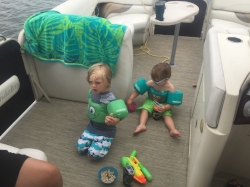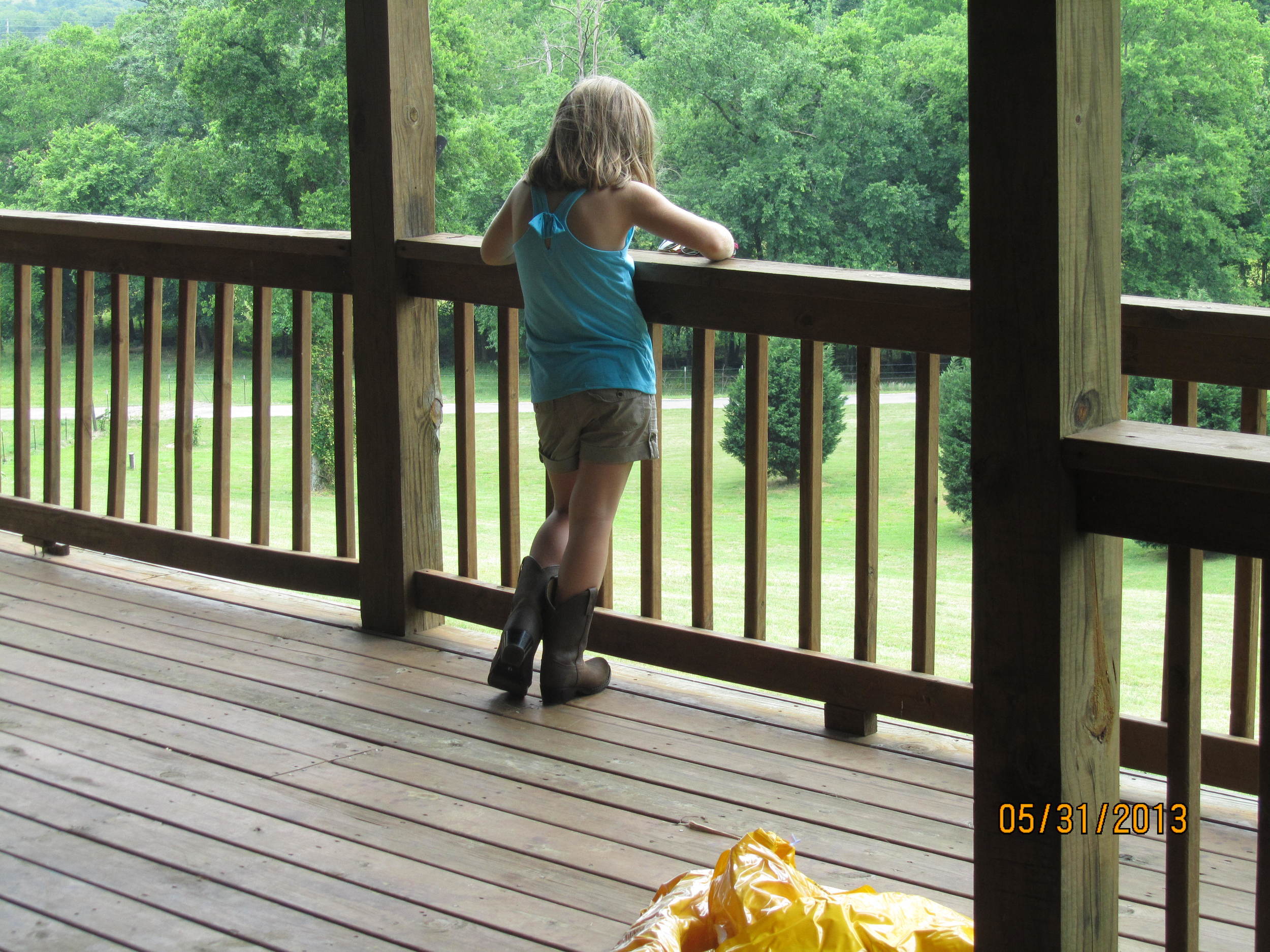“Harmony with nature will bring you a happiness known to few city dwellers. In the company of other truth seekers it will be easier for you to meditate and think of God.”
Everyone is a Seeker. To Find Your Heart You Must Only Listen
If you have read my posts, you know I am a seeker. Lately I’ve been overwhelmed with the rampant excess and waste of the world, specifically the sad state of ocean health. That realization came to me in a quiet place at the Edge. You know, that place I like to wander.
What is a Seeker?
Today I want to discuss what it means to be a seeker, and how hearkening back to this truth about myself brings calmness to an otherwise chaotic world. For me a seeker wants to know everything, and doubts much.
When I wrote Dance of the Hummingbirds I was seeking truth about genetic memories. Is it possible that our brains hold the experiences, thoughts, and dreams of our ancestors in an oft-suppressed repository? Is déjà vu nothing more than an ancestral memory bubbling to the surface of consciousness?
As time goes by, more and more is revealed about our biological connections to past, present, and future. So what do we really know?
While writing Dance I dug into the research of Carl Jung, renowned psychiatrist of the early to mid-20th century. His theories suggested, if not confirmed, the possibilities I was exploring.
Genetic memories will again play a part in the novel I’m now writing. The intertwining of the lives and journeys of Thorynn and Atsidi, and of course Lillie Lisle, a 21st century archaeologist, is fascinating. Have you ever considered those ancestral experiences you might hold deep within you?
Was Einstein a Seeker?
But what about seeking? I’m curious about Albert Einstein’s theories of the universe. I don't pretend to understand his great mind, but he discussed specifically how our perceptions create our reality.
We have five senses through which the world is filtered. What's out there beyond those five senses? When I reach into the space around me, what exists that is not defined by my sense of touch. What beautiful sounds create harmony beyond my sense of hearing? Is there music I will never hear? Bouquets of scents? Tastes? Visual miracles that my optic nerve cannot capture?
Sit alone in a forest or quietly in your backyard
Just sit and notice what surrounds you. Nature transcends our being? Is removing ourselves from nature, removing us from our timeless soul?
We are so very limited in our capacity to capture the very essence of this life we live, yet so convinced we know that we turn to violence to convince others that our perceptions are real, are right. In what realm does the plastic pollution I’m so obsessed with exist? In what realm do territorial boundaries exist? In what realm does mine and theirs exist?
Meditation is a practice which can take me to a place outside my senses. But what happens there? Is God, Allah, Jehovah, Siva, (or whichever moniker you want to attach to the vast universal presence) integral to the experience? Or is meditation simply a biological phenomenon unattached to deities and universal synchronicities?
I would love to hear your thoughts. I believe that the seeing that comes through meditation can bring peace. But I'm a seeker and know so little.
I am exploring this Edge in my daily experiences and writing. What is the Edge you are exploring? If you’re interested in joining me on the journey, I’m delighted to have you along.
As always Fair Winds
“I find the great thing in the world is not so much where we stand, as in what direction we are standing.”
Linda JB Herrick, writer
P.S. Lissa Coffey’s Daily Wisdom offers insight and peace to me each morning. You might like to read her words.












